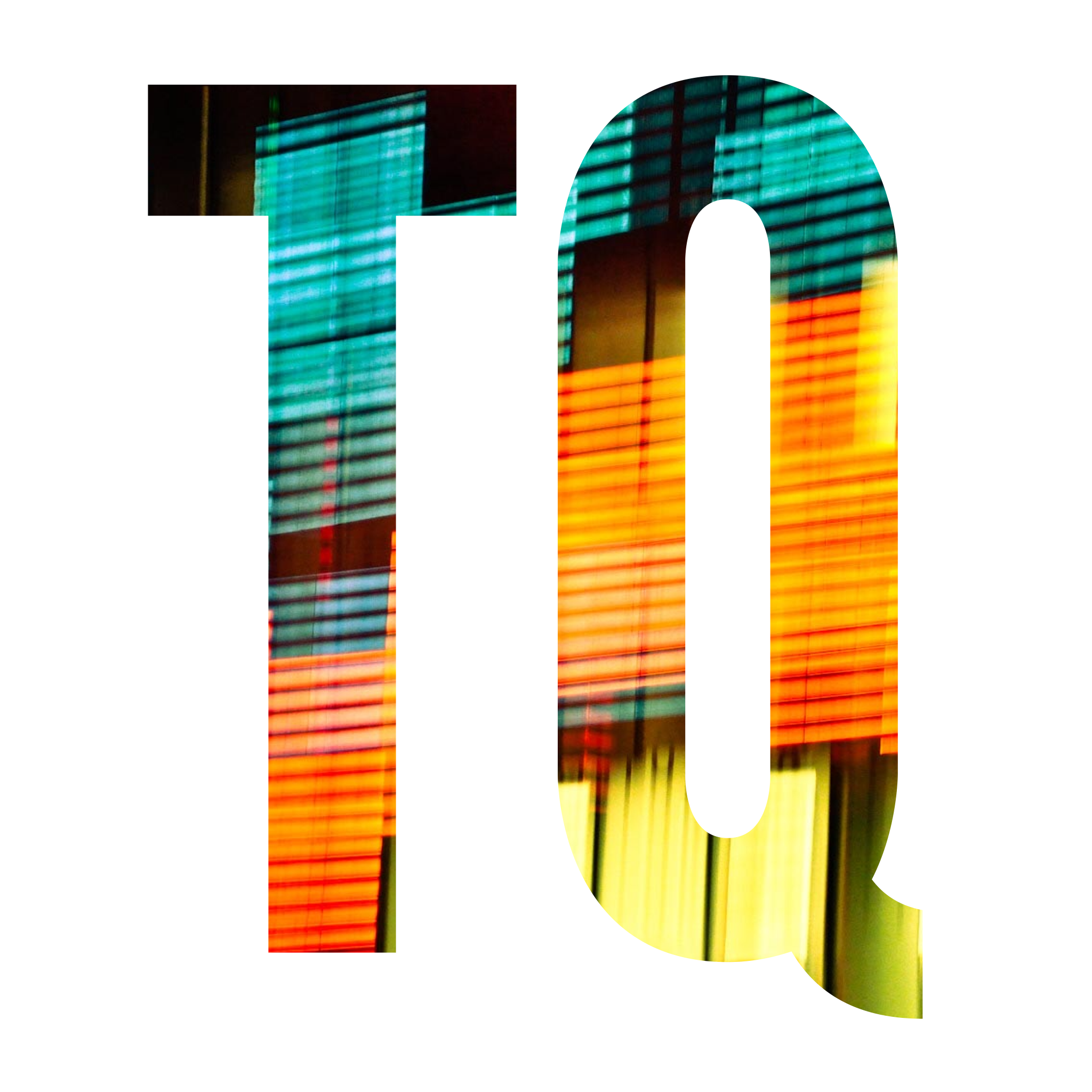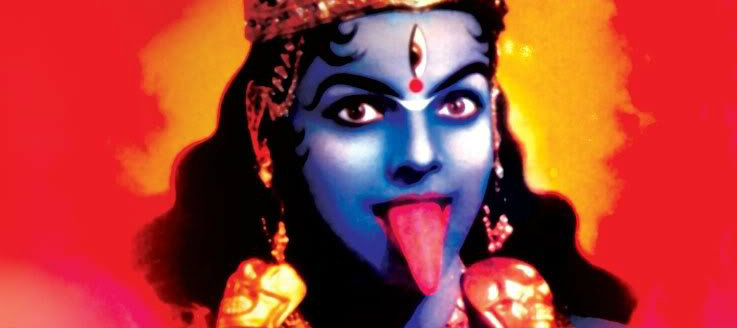For LGBT History Month, guest writer Pamela Rani Chabba chooses her personal Queero: DJ Ritu, who created a much needed haven for British South Asian LGBTQ+ people in London
Is it true that while the heroic act is extraordinary the heroic actor is an ordinary person? When I think about the Queeroes that have informed my whole life, I’m not so sure. They certainly seem like extraordinary people to me. My Queeroes come from far and wide: Frances E.W. Harper (1825-1911), abolitionist and poet who published her first book of poetry at age 67 and is featured in Lesbian Lists as an “early Black Lesbian and Bisexual Writer”; Jackie Kay, a brilliant British writer of colour; Shabnam Mausi, the first transgender woman to be elected to public office in India; African American activist Angela Davis who came out in 1997. There are so many that it’s difficult to choose one subject for this piece.
On the face of it, DJ Ritu’s twitter bio is relatively unassuming: “DJ, broadcaster (ResonanceFM, BBC Radio & SOAS Radio), A World in London, Kuch Kuch Bollywood Nights & more!” But for thousands of us in the British South Asian LGBTQ+ community, Ritu’s importance as a trailblazer is hard to overstate. An out British South Asian lesbian in the late eighties, she was one of very few prominent women of colour in the then rather homogenous, white LGBTQ+ community. She was out when few Asian people were seen in the media, and fewer out lesbians were visible anywhere at all. Ritu is so out that not only her whole family in the UK knows (sadly not common in the British Asian LGBTQ+ family) but even her extended family in India has been told (and this is still so very rare). Ritu gives many of us hope that it can be possible for all of us.
In 1988 Ritu was a founding member of Shakti, a British South Asian LGBT organisation. Club Shakti, now reincarnated as Club Kali @Dome, emerged in the same year as a means to raise money for the organisation. The Club has now been a haven in North London for more than twenty years. For me, having Club Shakti to go to when I had just come out as a lesbian in the early nineties, was life saving. Like other women I connected with there, I had always felt conspicuously queer in the British South Asian community, and self-consciously British South Asian in the London LGBTQ+ clubs and bars in which I hung out. In those places I was often one of a handful of women of colour and frequently the only British South Asian lesbian. Shakti was a revelation to us. There were other British South Asian queer people! We weren’t alone!
For thousands of us in the British South Asian LGBTQ+ community, Ritu’s importance as a trailblazer is hard to overstate.
Perceptions of South Asian queerness have always lagged behind those of other LGBTQ+ community members. The attitude was expressed succinctly in a pivotal moment in Gurindhar Chadha’s 2002 film Bend It like Beckham: when Jas realises that her best friend is coming out, she gasps: “But you’re Asian!” The idea that the queer South Asian is an oxymoron is one South Asian lesbians have always come up against, and one that we continue to do battle with.
Second generation South Asians of all sexualities are generally more secure of their place in the wider British society than our ancestors were. While South Asian immigrants in the 60s and 70s held on tightly to their traditions, believing they’d never be accepted by the white British majority, subsequent generations are more confident. In contrast to them, we routinely take something from both our British and South Asian heritages, neither abandoning our parents’ cultures nor wholly accepting western mores. The DJs at Shakti understood this, cleverly mixing club culture with ethnic culture, with some nights marking religious festivals to the soundtrack of Indian pop music, bhangra and R&B.
The queer clubs I went to in the nineties were prescriptive in terms of how lesbians should present themselves. Short hair, jeans and make-up free faces was the prevalent look. At Shakti I met other women who wore bindis and bangles and chunnis and had kohl ringed eyes. Some of the women dressed in traditional South Asian male garb. Traditions like raksha bhandan, in which sisters tie strings on their brother’s wrists to strengthen bonds between siblings, were appropriated to signify new extended families. Ritu’s insistence on a safe, unpretentious and extraordinarily friendly club gave us the safe space in which to do this.
The idea that the queer South Asian is an oxymoron is one South Asian lesbians have always come up against, and one that we continue to do battle with.
Ritu helped to invent a British South Asian scene when the larger British LGBTQ+ community wasn’t welcoming. That has certainly changed: there is an identifiable and accepted British South Asian queer presence out there now. But Shakti was the place where I first began to successfully negotiate my queer and British South Asian identities. Ritu continues her heroic acts of educating, nourishing, and giving safe harbour to British South Asian queer people and the other people of colour who go to her club nights. She is a role model for our community, and has made a difference to the lives of thousands of British South Asian queer people like me.
Follow Pamela on Twitter (@PamelaChabba)


Nice to read something about Asians on here. I like this article.
LikeLike
really great article, got me thinking ….!!!
LikeLike
Who are my qeeroes? Thanks for this post. I’ll look into yours and see if I can discover my own. Love Club Kali
LikeLike
Without taking away of what Ritu has done as a DJ, I have to correct you as it’s important to get our histories right. Shakti was started up by myself and Shivanda Khan in 1987 – I obtained the first grant and helped write the constitution. Others were involved and we “found” Ritu Djing at the then Lesbian and Gay club in Farringdon and got her on board to our Shakti club nights that were put on to raise money for our helpline, befriending meetings and campaigns. It was myself and Shiv who put our necks on the lines and did the majority of the work, receiving death threats along the way. In fact, my remembrance of Ritu, along with other, and I am sure she would have no problems admitting this, is that it was Shakti and many of us in fact who gave her the greater sense of being Asian. The sad reality is that we wanted to give more opportunities to younger queer Asian DJs and this led to a dispute. Sadly Shakti nights were put into competition by Kali which led to the demise of the revenue for our campaigns etc. and the rest is history as they say. BTW myself and Ritu still talk to day and there are no issues, however, I think it’s really important to understand the real histories of this. I have minutes of meetings, reports, publicity leaflets – most of which I designed and lots of photographs if you want to know more. Thanks, Poulomi Desai
LikeLike